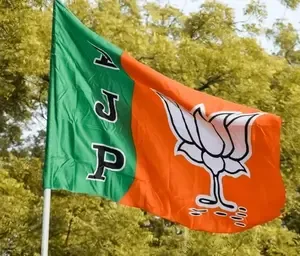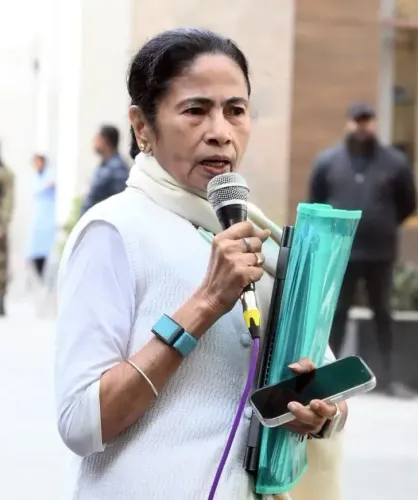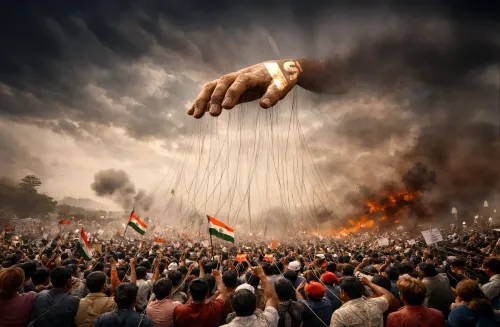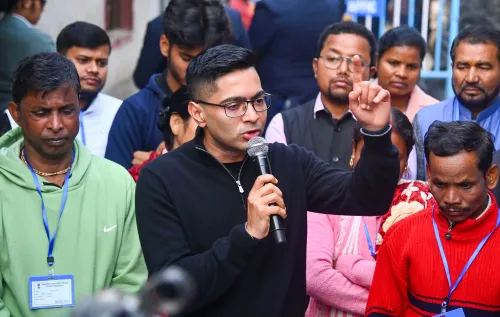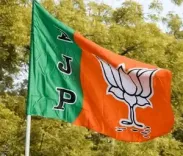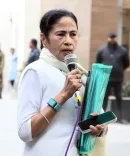Is India Intensifying Its Investigation Focus on Terror Elements?
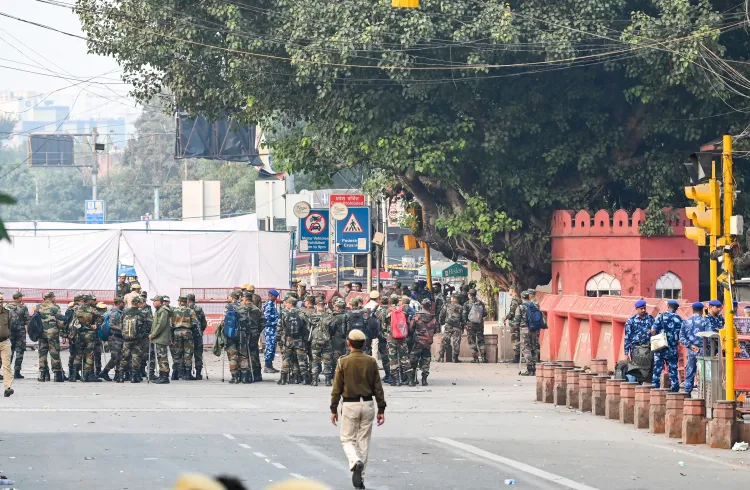
Synopsis
Key Takeaways
- India labels the Red Fort explosion as terrorism.
- Urgent investigations are underway to identify the perpetrators.
- Political will is crucial for effective counterterrorism.
- International cooperation is sought against nations harboring militants.
- Enhanced security measures are anticipated post-incident.
New Delhi, Nov 12 (NationPress) India has unequivocally declared its stance by categorizing the recent explosion at the Red Fort as a “terrorist incident”. The Cabinet Committee on Security (CCS), under the leadership of Prime Minister Narendra Modi, has instructed investigators to act with the “utmost urgency” to swiftly identify and prosecute those responsible for this appalling act.
In a noteworthy gesture, the Prime Minister visited the Lok Nayak Jai Prakash Narayan Hospital in Delhi to meet victims of the Red Fort car blast on Wednesday, immediately after returning from his two-day trip to Bhutan.
Following his hospital visit, he convened a Cabinet meeting, reaffirming the nation's unwavering commitment to a zero-tolerance approach toward all forms of terrorism, as emphasized by Union Minister Ashwini Vaishnaw during an official briefing.
Furthermore, this incident highlights an escalated emphasis on emergency response, intelligence gathering, and law enforcement operations, ensuring they are executed swiftly and effectively.
Political will is essential to promote urgent, professional investigations, supported by increased resources and centralized coordination, enabling the aggressive pursuit of suspects and terror networks.
The official classification of this incident as terrorism will aid in shaping international opinions and set a higher standard for attributing state complicity or initiating joint actions, as global partners seek credible, verifiable evidence before intensifying measures.
Concurrently, robust counterterrorism measures can mitigate immediate threats, while foreign pressure can serve as a deterrent against future attacks.
Earlier reports indicated that the scrutiny from probing agencies may have caused the perpetrators to panic, resulting in the sudden blast on Monday.
Authorities are now empowered to enhance investigative capabilities, surveillance, asset freezes, and detentions under anti-terrorism laws to disrupt suspected modules and associated support structures.
The Cabinet's decision also endorses India’s potential diplomatic efforts against nations suspected of harboring, financing, or tolerating militant groups, pursuing intelligence sharing, arrests, extraditions, or other forms of cooperation.
Initial inquiries have already pointed to possible cross-border connections with the module being overseen by handlers in another country.
Officially designating these acts as terrorism will encourage nations that are already denouncing the blast to actively cooperate.


